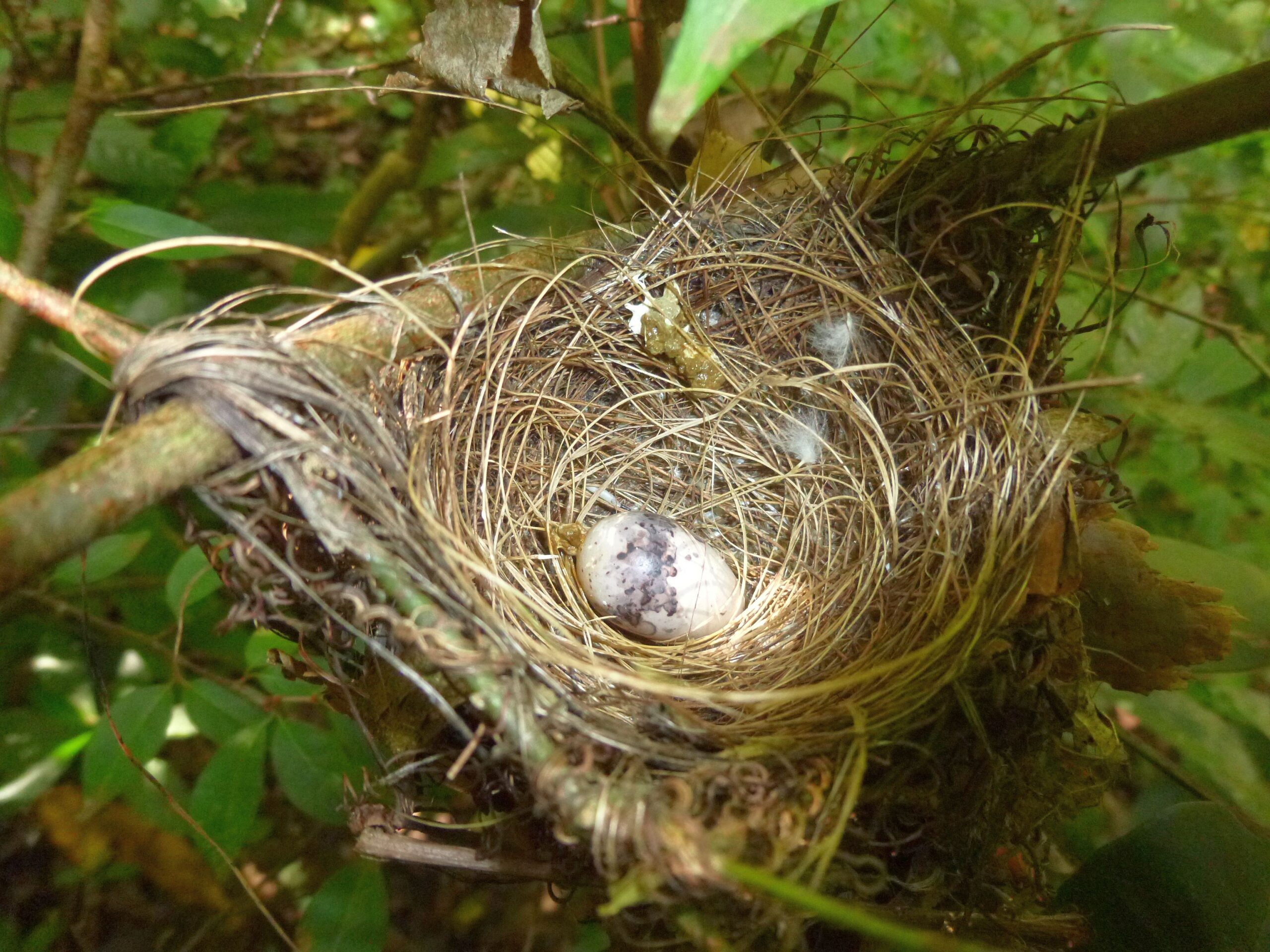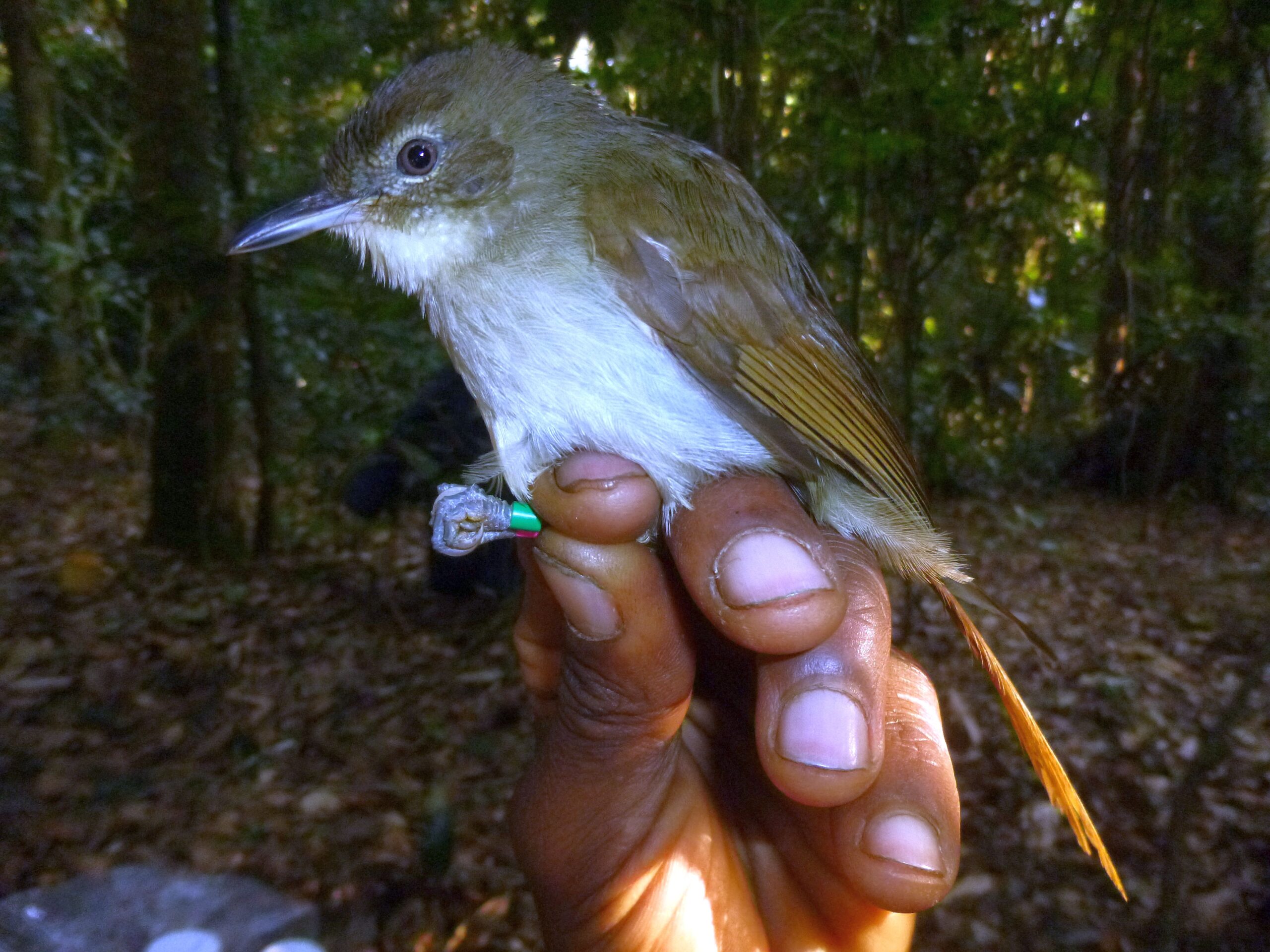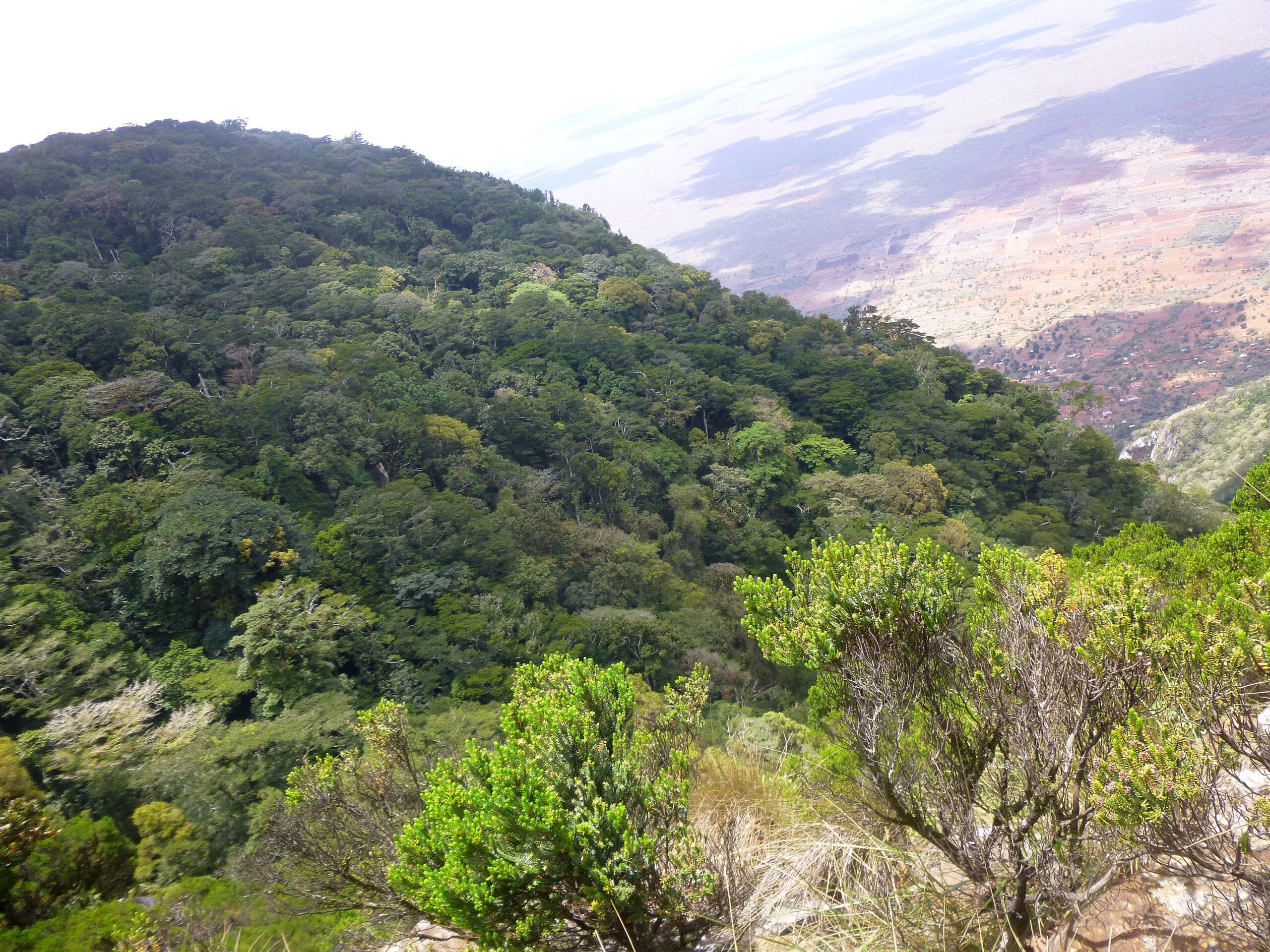
Drs. Gladys Kung’u Nyakeru
Terrestrial Ecology Unit
Department of Biology
Ghent University
K.L. Ledeganckstraat 35
9000 Gent Belgium
E-mail: gladys.kungu@stud.sbg.ac.at
Behavioural and physiological signatures of habitat fragmentation in a cooperative forest interior insectivore
Land use change operate as the main threat to forested ecosystem resulting to loss of species dependent on them. Continued conversion of forests to other uses leads to forest fragmentation which decreases forest size, increases edge effects and forest isolation, all of which negatively impact forest quality and ultimately the persistence of forest-specialized taxa. The negative impacts of land use change on remaining primary forests are further magnified by human use of the forests. Our understanding of how species perceive, cope with, and respond to changes in forest quality is still limited. One of the challenges is that processes that propagate changes in forest quality may alter several aspects e.g., vegetation structure, availability of food, microclimate, and predation pressure. Crucially, the quality of the forest may determine the movement behaviour of animals due to the variation of essential resources such as food, breeding sites and refuges from predators. Again, how far animals move in search of these basic needs may consequently influence their physiology and fitness (that is, body condition and survival of offsprings and parents), but empirical evidence of these effects is still very poor.
My dissertation project aims to characterize the habitat quality of the forest fragments of the Taita Hills, a biodiversity hotspot in the Southeast of Kenya, where forest loss and fragmentation is very recent and human use of the remaining indigenous forest is ongoing. I will subsequently look at how fine scale changes in forest quality influence home-ranging behaviour, physiology (corticosterone, feather growth) and fitness (reproductive success and body condition) the Placid greenbul (Phyllastrephus placidus), a social-living and cooperative-breeding forest passerine.


